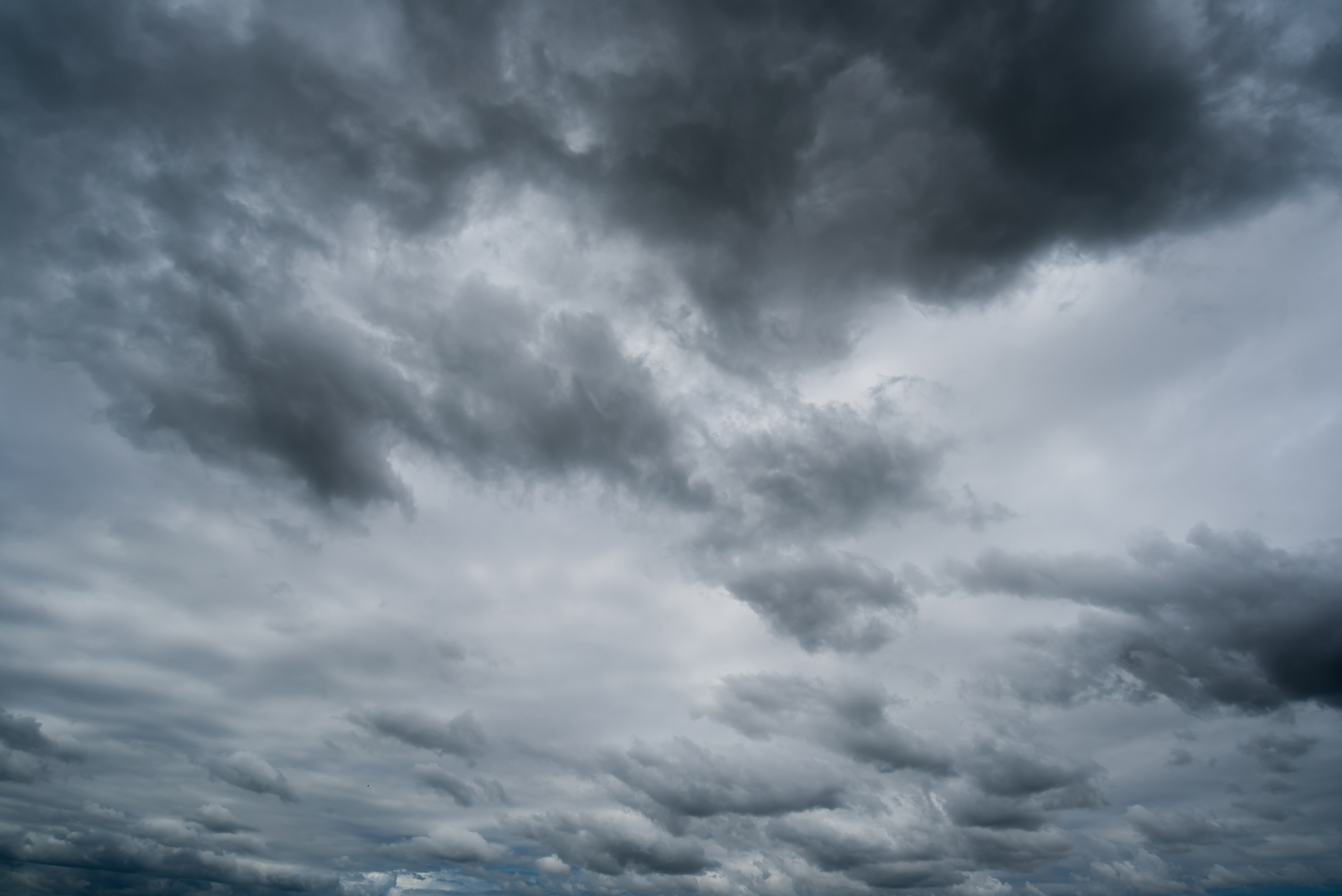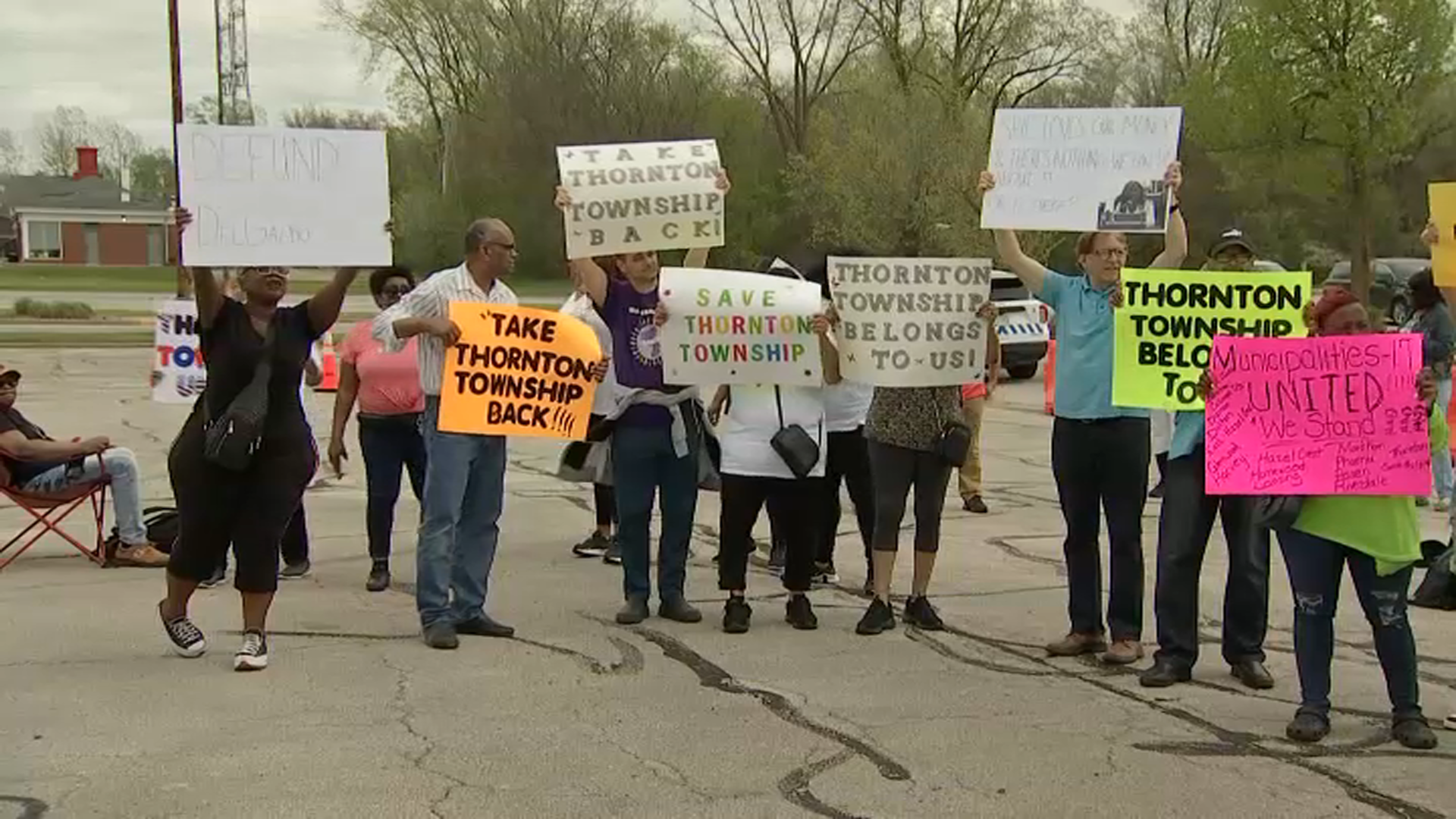Your upcoming fare on Metra to or from the city may soon look a little different.
Metra's board of directors approved the agency's budget for Fiscal Year 2024, which included significant changes to the way the agency collects and charges fares on its network of train lines.
The biggest change in the $1.1 billion budget is a simplification of the agency's fare structure, which is based on travel between designated zones on each of its lines.
Currently, Metra has 10 different zones, based on distance from downtown Chicago. The new program will shrink that number to just four zones, according to Metra officials.
Feeling out of the loop? We'll catch you up on the Chicago news you need to know. Sign up for the weekly Chicago Catch-Up newsletter here.
Here is how the new system will work, when it will begin, and more.
When will Metra's new system go into effect?
According to Metra, the new fare system will take effect on Feb. 1, 2024.
Local
What will new ticket prices and fares look like?
The new zone system will feature downtown Chicago as its own zone, with Union Station, the Ogilvie Transportation Center and Millennium Station serving as Zone 1 on the various lines.
From there, Zones 2-through-4 will cover the city's suburbs, with Zone 4 the furthest from downtown.
One-way tickets will cost $3.75 from Zone 2 into the city, $5.50 from Zone 3 into downtown, and $6.75 from Zone 4, under the simplified formula.
All one-way trips that do not end in the downtown corridor will cost $3.75, no matter the distance, according to the agency.
What do ticket prices look like currently?
For example, if a passenger wanted to take the UP-NW line from its starting point in Harvard all the way to downtown, the trip would currently cost $9.50. Under the new system, that same trip would cost $6.75.
On the Heritage Corridor, a trip from Zone 3, which includes Lemont, into downtown would cost $6.75 today. In February, that cost will drop to $5.50.
Speaking of the HC, a trip between Joliet and Summit would currently cost $7.25, but under the new program, it would cost just $3.75, with the agency saying that the move is designed to encourage the use of transit to non-downtown destinations.
Will any fare lines see increases?
With the expiration of the South Cook Pilot Program, the discounted rate for fares on the Metra Electric and Rock Island lines will come to an end.
As a result, a trip from University Park to Millennium Station will increase from $3.75 to $5.50, but the new price is still cheaper than pre-pandemic levels, according to Metra.
How will this impact passes?
The agency says that their $6 and $10 day passes will be phased out. Instead, weekday passes will be available for twice the cost of a one-way ticket.
The agency will also phase out 10-ride tickets, and will instead offer five-packs of day passes, at the cost of 9.5 times that of a single-ride ticket.
Those passes will only be available via the Ventra app.
Finally, “incremental fares,” which instituted surcharges for travel beyond the zones printed on a ticket, will be phased out.
Monthly passes will still be offered, and will be 20-times the cost of a standard one-way ticket between zones, running at $75 for Zone 2 travel, $110 for Zone 3 travel, and $135 for Zone 4.
Monthly-pass buyers will still be eligible to purchase the $30 Regional Connect Pass, which permits unlimited travel on the CTA and Pace buses.
Finally, $7 all-day fares on weekends and holidays, and $10 weekend passes, will still be available.
Here’s how the four-zone fare structure will be assigned
UP-North:
Zone 1: Downtown Chicago
Zone 2: Clybourn-to-Wilmette
Zone 3: Kenilworth-to-Ravinia
Zone 4: Highland Park-to-Kenosha
Milwaukee District North:
Zone 1: Downtown Chicago
Zone 2: Downtown-to-Morton Grove
Zone 3: Golf-to-Lake Cook Road
Zone 4: Deerfield-to-Fox Lake
UP-Northwest:
Zone 1: Downtown Chicago
Zone 2: Downtown-to-Dee Road
Zone 3: Des Plaines-to-Arlington Park
Zone 4: Palatine-to-Harvard
Milwaukee District West:
Zone 1: Downtown Chicago
Zone 2: Downtown-to-Mannheim
Zone 3: Bensenville-to-Medinah
Zone 4: Roselle-to-Big Timber
UP-West:
Zone 1: Downtown Chicago
Zone 2: Kedzie Avenue-to-Berkeley
Zone 3: Elmhurst-to-Lombard
Zone 4: Glen Ellyn-to-Elburn
BNSF:
Zone 1: Downtown Chicago
Zone 2: Halsted Avenue-to-Brookfield
Zone 3: Congress Park-to-Fairview Avenue
Zone 4: Main Street-to-Route 59 Aurora
Heritage Corridor
Zone 1: Downtown Chicago
Zone 2: Summit
Zone 3: Willow Springs and Lemont
Zone 4: Romeoville-to-Joliet
Rock Island:
Zone 1: Downtown Chicago
Zone 2 (Mainline): 35th Street-to-Midlothian
Zone 2 (Beverly Branch: Brainerd-to-123rd Street
Zone 3: Oak Forest and Tinley Park (Oak Park Avenue)
Zone 4: Tinley Park (80th Avenue)-to-Joliet
Southwest Service:
Zone 1: Downtown Chicago
Zone 2: Wrightwood and Ashburn
Zone 3: Oak Lawn-to-Palos Heights
Zone 4: Palos Park-to-Manhattan
Metra Electric Line:
Zone 1: Millennium Station-to-Museum Campus
Zone 2 (Mainline): 18th Street-to-Calumet
Zone 2 (South Chicago Branch): Stony Island-to-93rd Street
Zone 2 (Blue island Branch): State Street (Roselawn)-to-Blue Island
Zone 3: Homewood-to-University Park



